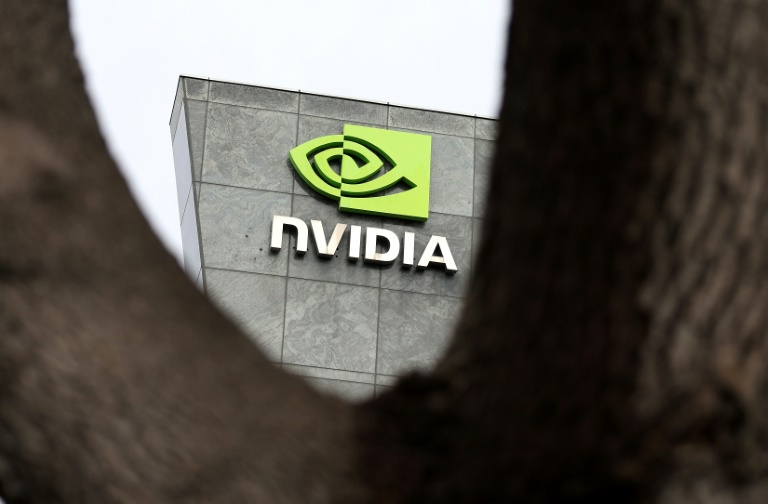
Stocks in Hong Kong and Shanghai soared on Wednesday after the Chinese government's latest measures to shore up the sluggish economy, but losses on Wall Street weighed on other Asian markets.
The People's Bank of China's interest rate cut on Tuesday is among measures aimed at reviving slowing growth as the world's second-largest economy battles a protracted real estate sector crisis and global economic slowdown.
The People's Bank of China announced that it will lower the five-year loan prime rate used to price home loans from 4.2% to 3.95%. This is the largest reduction since major interest rates were revised in 2019.
Hong Kong rose 3.0% in morning trading, while Shanghai rose 2.3%.
Analysts said the market was likely slow to react to China's interest rate cuts.
“This morning's strong inflows into the onshore market through Stock Connect is quite surprising,” Dickie Wong, executive director of research at Kingston Securities, told Bloomberg.
“We think investors are reacting to the larger-than-expected 5-year LPR rate cut after having had time to react and think about the recent tightening of property market support measures.”
The picture is mixed elsewhere in Asia as investors await an announcement from powerhouse Nvidia later on Wednesday, with the Fed also set to release policy meeting minutes, which will be analyzed for clues to the outlook for interest rates.
Sydney, Seoul, Taipei, Jakarta, and Kuala Lumpur all experienced declines.
In response to Nvidia's slump ahead of the announcement of its financial results, chip-related stocks fell, and Japanese stocks also fell.
The recent decline in the Tokyo market has pushed the benchmark Nikkei stock average further away from its 1989 closing high of 38,915.87.
However, Bloomberg reported that “macro and equity hedge funds are betting on Japan this year,” predicting that the Bank of Japan would reverse its nearly decade-long negative interest rate policy.
U.S. stocks closed lower on Tuesday, with the tech-heavy Nasdaq dropping nearly 1% ahead of semiconductor giant Nvidia's long-awaited earnings, with traders saying the company had high expectations due to the AI sector and the company's strong growth. I hope that we can meet your needs.
“The company's performance was the biggest of the reporting period and stands as both a macroeconomic barometer and a canary in the proverbial coal mine for the artificial intelligence boom,” Kyle Rodda, senior market analyst at Capital.com, told Bloomberg. It worked,” he said.
With its huge valuation, “the bar for unexpected upside is set high,” he added.
Nvidia fell about 4% on Tuesday, but its shares are still up significantly since the start of the year, as enthusiasm for AI companies has sent the stock soaring.
U.S. and European stocks have repeatedly hit record highs in recent months on the back of expectations for interest rate cuts and blockbuster profits from high-tech companies, especially those related to AI.
“In our view, this is the market event to watch this week,” said Anthony Saglimbene of Ameriprise.
“No single company typically makes or breaks a market, but we will pay close attention to the overall bullish story in stocks, major tech companies, and Nvidia’s growing influence on broader indexes. is needed.”
– Main figures around 0530 GMT –
Tokyo – Nikkei Stock Average: down 0.2% to 38,278.15
Hong Kong Hang Seng Index: up 3.0% to 16,735.92 (break)
Shanghai – Overall: up 2.2% to 2,987.13
EUR/USD: up to $1.0813 from $1.0811 on Tuesday
Dollar/JPY: Flat 150.00 JPY
GBP/USD: down from $1.2648 to $1.2631
EUR/GBP: down from 85.63p to 85.61p
West Texas Intermediate: up 0.3% to $77.29 per barrel
Brent crude: up 0.4% to $82.64 per barrel
New York – Dow: down 0.2% to 38,563.80 (close)
London – FTSE 100: down 0.1% to 7,719.21 (close)
–Bloomberg News contributed to this article —
Sco/MTP


